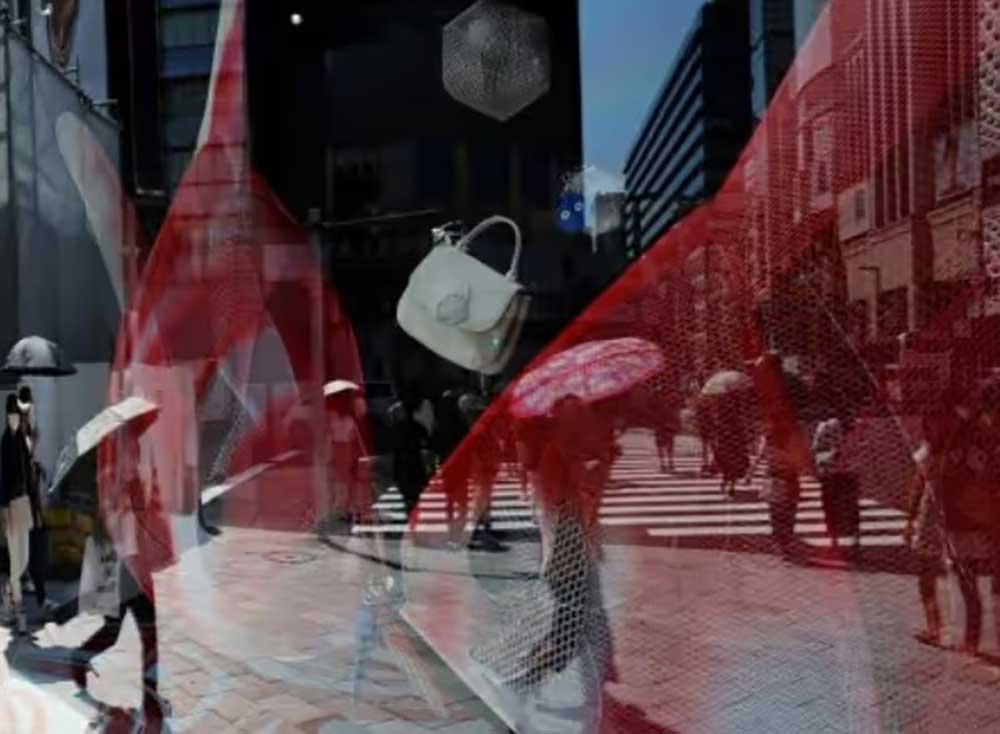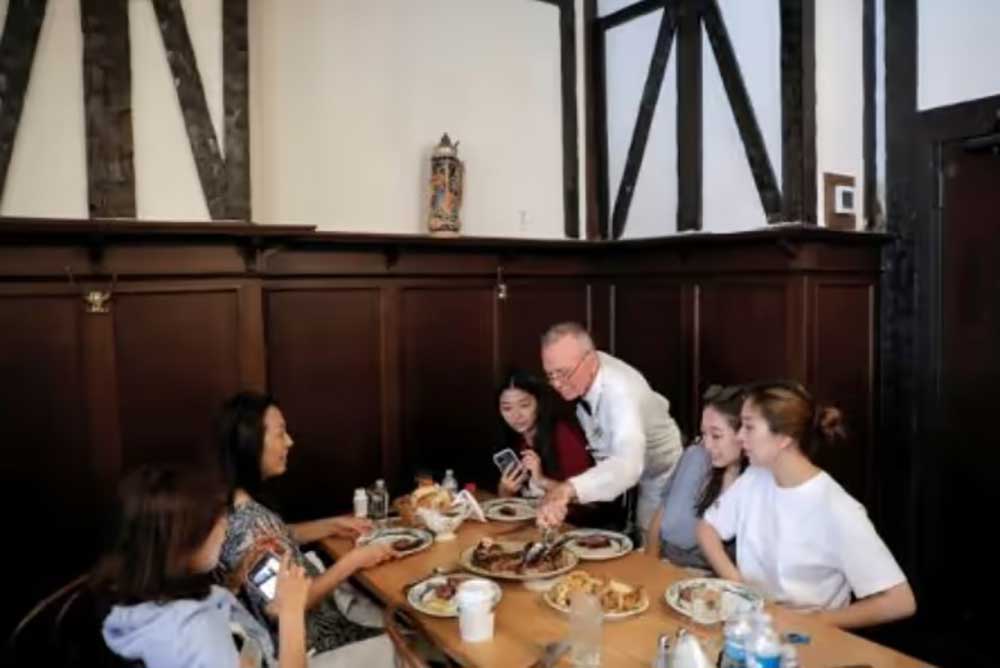By Kaori Kaneko and Satoshi Sugiyama
TOKYO- Japan’s inflation-adjusted real wages rose in June for the first time in more than two years as nominal pay gained at the fastest pace in nearly three decades, data showed, backing the central bank’s view that wage increases are broadening.
However, household spending fell more than expected in the same month, clouding the outlook for the Bank of Japan’s plan to steadily raise interest rates.
The latest market rout, which came in the wake of the BOJ’s decision last week to raise interest rates, may also dampen consumer sentiment, some analysts say.
Real wages grew 1.1 percent in June, rising for the first time in 27 months, after a revised 1.3 percent drop in May, data from the labor ministry showed on Tuesday.
Nominal wages, the average total cash earnings per worker, grew 4.5 percent , the fastest pace of growth since January 1997, to 498,884 yen ($3,480), the data showed.
Regular pay for permanent workers rose 2.7 percent in June after a revised 2.6 percent gain in May, a sign the bumper pay hikes offered by firms in this year’s wage negotiations are pushing up household income.
But separate data released on Tuesday showed household spending fell 1.4 percent in June from a year earlier, more than a median market forecast for a 0.9 percent drop, suggesting that rising living costs are discouraging consumers from boosting spending.
Japan’s economy likely rebounded in the April-June period after shrinking in the previous quarter thanks to a pick-up in factory output and consumption, a Reuters poll showed, helping the central bank make the case for further interest rate hikes.
But the yen’s recent rally and signs of slowdown in the US economy may emerge as fresh risks to the export-reliant economy, some analysts say.
Japan’s real gross domestic product (GDP) is expected to have expanded an annualised 2.1 percent in April-June, according to a median forecast of economists polled by Reuters, rebounding from a 2.9 percent contraction in the previous quarter.
Private consumption likely rose 0.5 percent, marking the first increase in five quarters, as bumper pay hikes offered by companies in spring wage negotiations begin to boost household income, the poll showed.
Capital expenditure is expected to have increased 0.9 percent after a 0.4 percent drop in January-March, the poll showed, underscoring the Bank of Japan’s view that robust corporate spending will underpin growth. – Reuters





